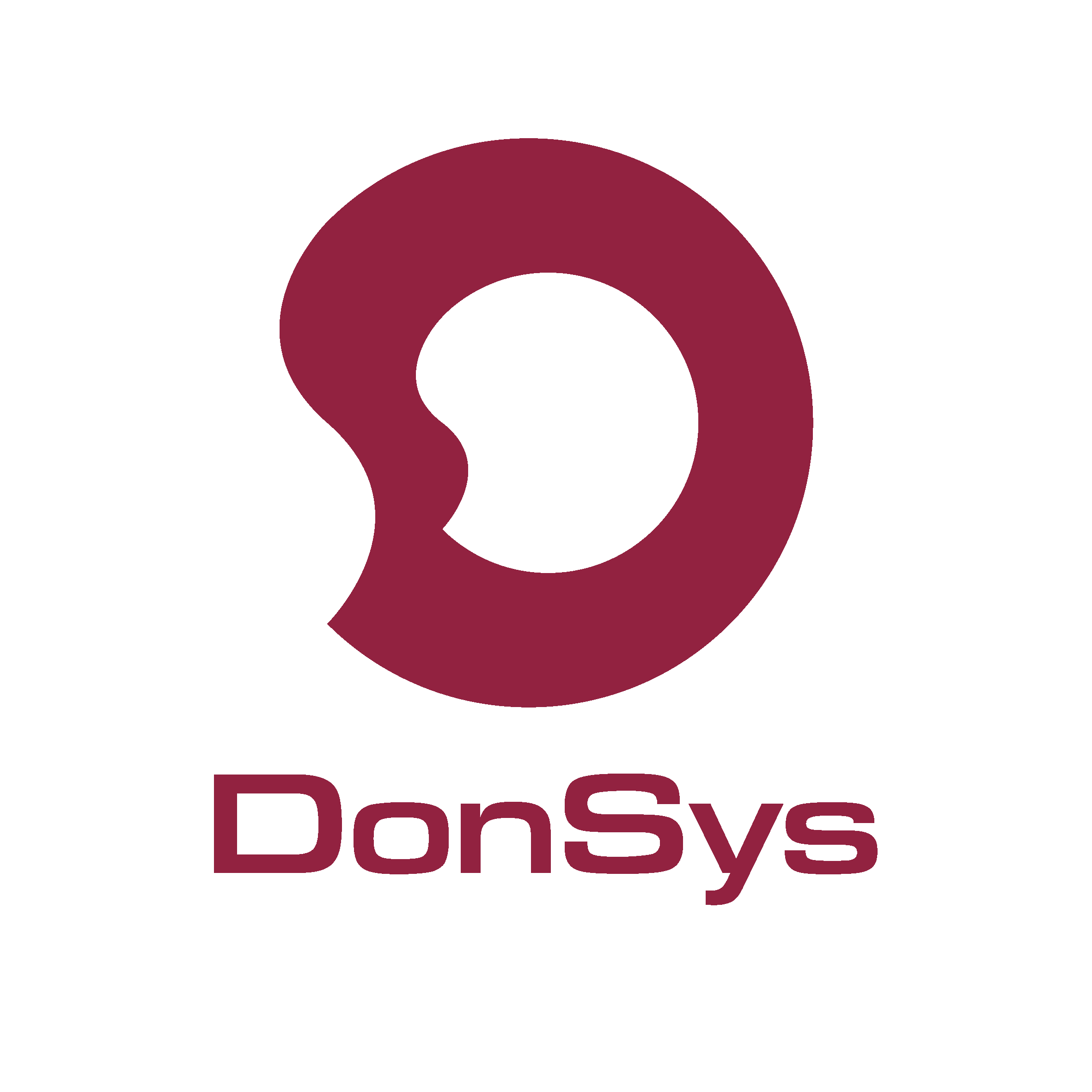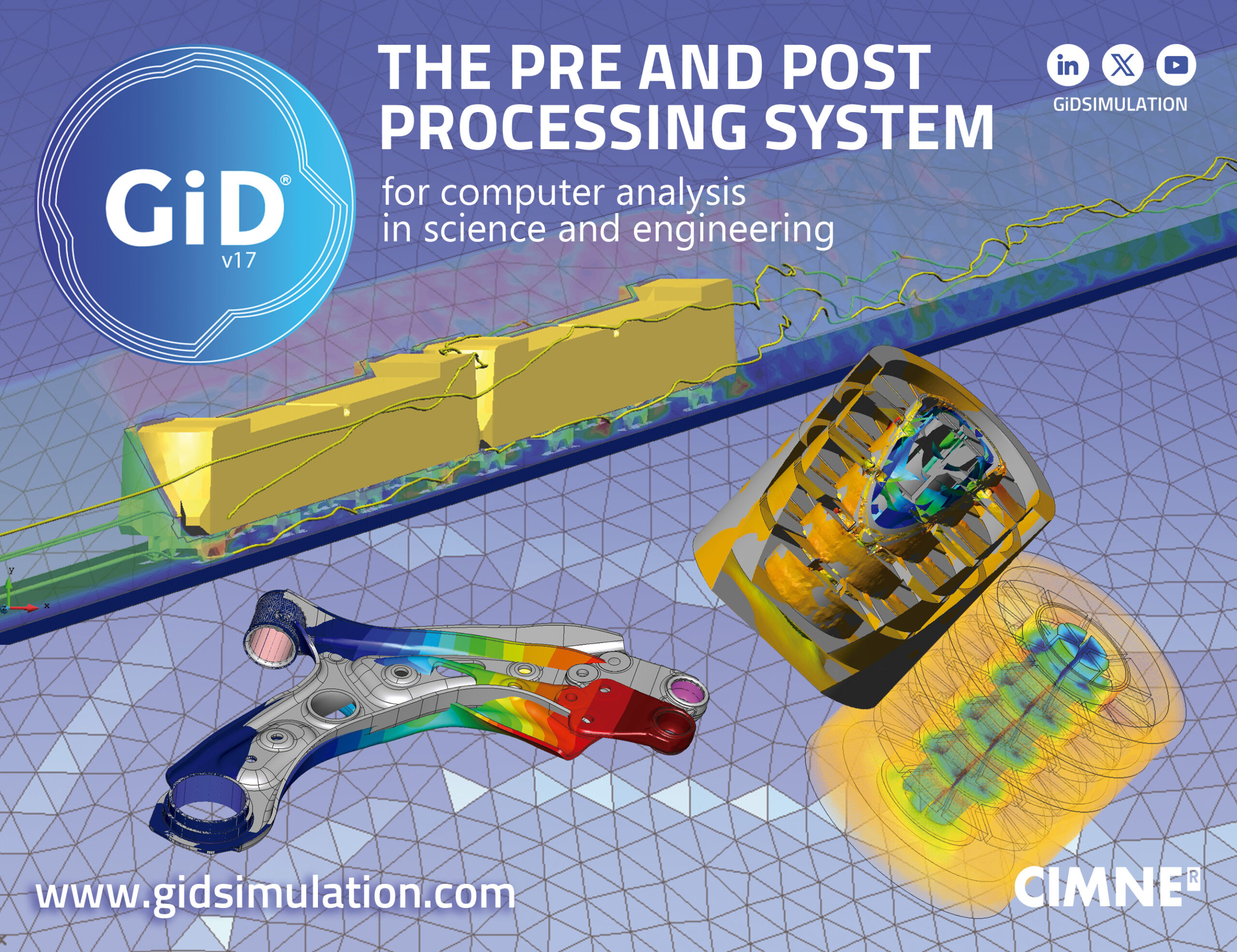GiD will take part in the European Project Fatigue4Light: Fatigue modelling and fast testing methodologies to optimise part design and to boost lightweight materials deployment in chassis parts.
The project, started in February 2021, will work for four years on the development of new tests and new computer simulation methodologies to better estimate the fatigue life of chassis components and to select the optimal materials for lighter vehicle chassis. It will work on advanced high-strength steels, special stainless steels for automotive, high-strength aluminum alloys and hybrid metal-polymer materials.
Fatigue4Light is one of the first projects tackling this kind of problems.

Goals based in eco-design and circular economy
The goal is to reduce vehicle chassis weight compared to the current solutions, between 24 and 30 per cent for the most innovative solutions, reaching up to 40 per cent for some current applications.
The project’s results will optimise the selection of new materials and reduce the implementation time between material development and the design of a new chassis part.
Electric vehicle manufacturing in Europe is expected to grow from 1 million in 2019 to over 5 million in 2025, with rapid and sustained growth through 2030. The project takes into account the principles of the circular economy and eco-design, in order to develop light and high-durability chassis, which is vital to increase the autonomy of electric vehicles.
GiD will be the pre and postprocessor used by CIMNE, the coordinator partner
CIMNE is the partner that coordinates this project and all the simulations carried out by CIMNE will use GiD as pre and postprocessor.
“The Fatigue4Light project wants to help build a zero-emissions future by promoting design based on numerical simulation tools”, says Lucia Barbu, the project’s coordinator and a researcher at the International Centre for Numerical Methods in Engineering (CIMNE). “The application of numerical simulation tools at a design stage can help to predict and ensure part performance, as well as minimise production losses by meeting the industry needs”, Barbu adds.
Specifically, it is expected to reduce the development time of new lightweight components by up to 10 percent and increase the efficiency of the design stage by 7 percent.
Fatigue4Light includes 13 partners from 4 countries: CIMNE, Eurecat, Lulea University of Technology, Centro Ricerche Fiat, Magnetto Wheels Italy, ArcelorMittal, Gestamp Hardtech, Politecnico di Torino, RISE, Profilglass, Composite Service Europe, Asociación Española de Normalización UNE and UPC.
You can find more information regarding the project in the official Twitter account.

